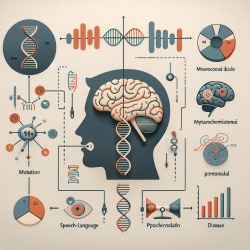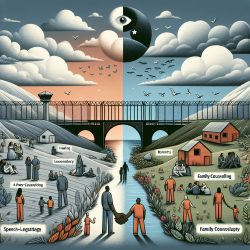Key Takeaways for Practitioners
Understanding Legal Milestones
Canada’s MAiD journey is marked by significant legal milestones:- Rodriguez v. British Columbia (1993): The Supreme Court upheld the prohibition on assisted suicide.
- Bill C-14 (2016): Legalized MAiD under strict conditions, including the criterion that natural death must be "reasonably foreseeable."
- Truchon v. Canada (2019): Struck down the "reasonably foreseeable" criterion, broadening access to MAiD.
The Role of Bioethics
Bioethicists played a crucial role in shaping MAiD policies:- Ethical Debates: Bioethicists contributed to the discourse on the ethical implications of MAiD, addressing issues like autonomy, vulnerability, and the slippery slope argument.
- Expert Testimonies: Their expert testimonies were pivotal in court cases like Carter v. Canada, where ethical principles were used to argue for the legalization of MAiD.
Practical Implications for Clinicians
For clinicians, the evolving legal landscape necessitates:- Staying Informed: Keeping abreast of legal changes and understanding the criteria for MAiD eligibility is crucial.
- Ethical Training: Engaging in ongoing ethical training to navigate the complex moral terrain of MAiD.
- Patient Communication: Developing skills to communicate effectively with patients and their families about end-of-life options.
Encouraging Further Research
The journey of MAiD in Canada underscores the importance of continuous research:- Evaluating Outcomes: Conducting studies to evaluate the outcomes of MAiD on patients, families, and healthcare providers.
- Cross-Jurisdictional Learning: Comparing MAiD policies and practices across different jurisdictions to identify best practices and areas for improvement.
ConclusionCanada’s experience with MAiD provides a rich source of lessons for practitioners. By understanding the legal milestones, appreciating the role of bioethics, and recognizing the practical implications, clinicians can better navigate this complex field. Encouraging further research will ensure that MAiD practices continue to evolve in a way that respects both legal and ethical standards.
To read the original research paper, please follow this link: From Prohibition to Permission: The Winding Road of Medical Assistance in Dying in Canada.










